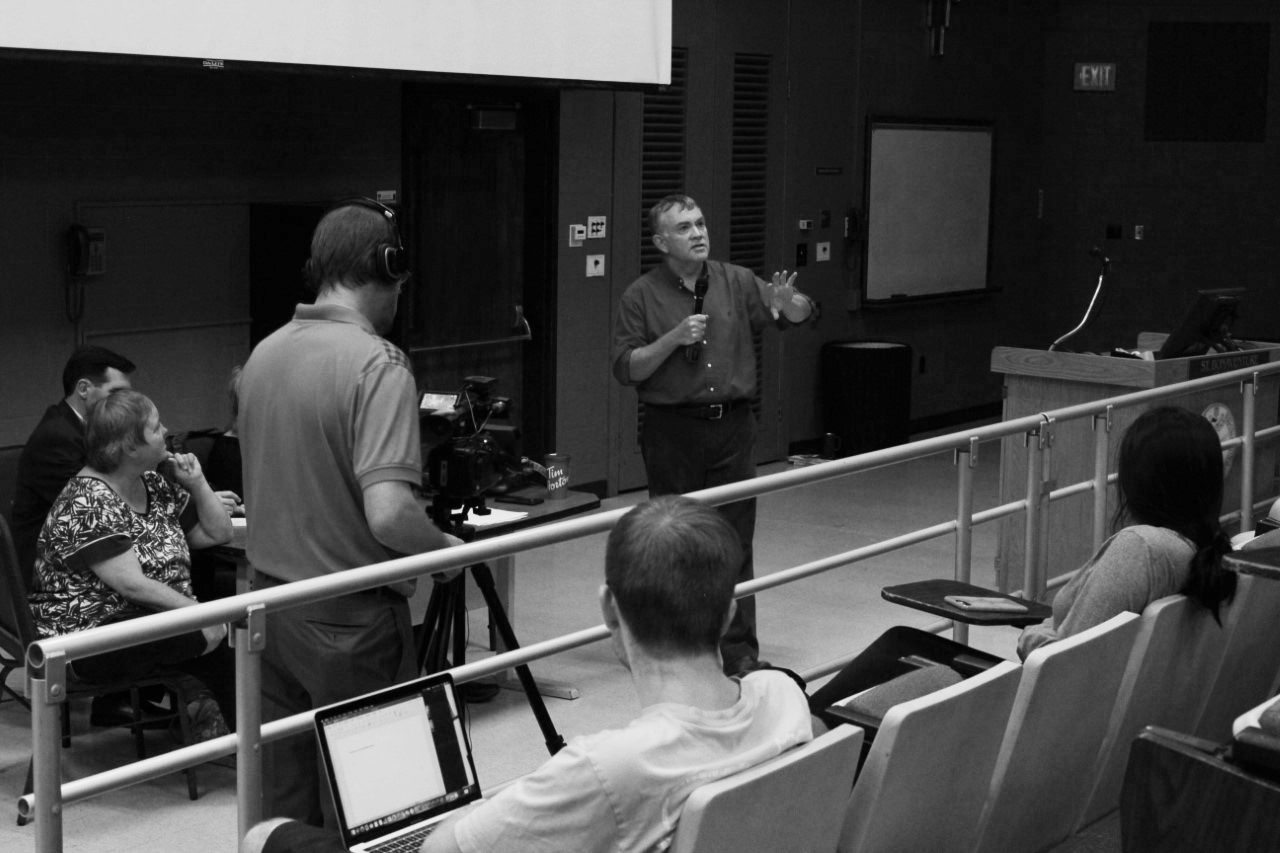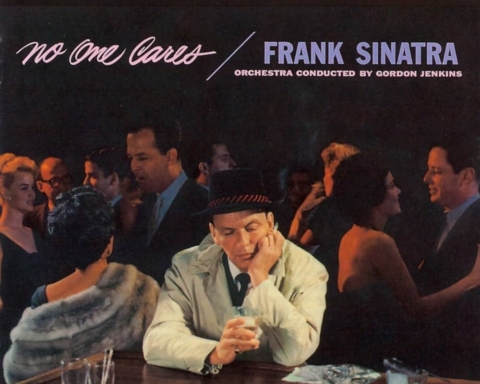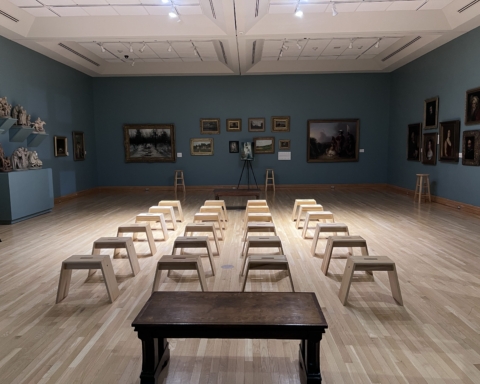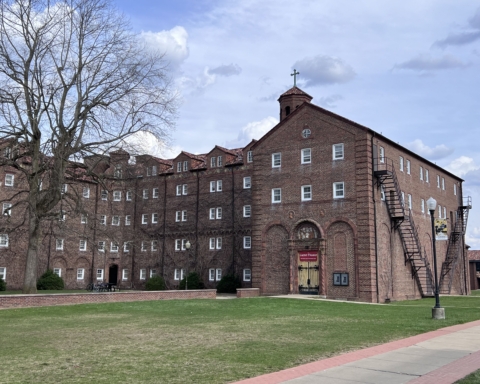The Murphy Auditorium was quiet Monday evening when Dr. Donald Gilliland, associate opinion editor for “The Hill” and former adjunct professor at St. Bonaventure, began his speaking engagement on source vetting in journalism. The building seemed to be about a quarter full, with about 75 students, as well as several professors, in attendance.
Over the course of the seminar, Gilliland went into detail about the inner workings of “The Hill,” at which he currently works, describing both its audience and common sources.
“[The publication is directed towards] lawmakers and their staff, as well as anyone interested in D.C. politics,’’ said Gilliland. “The most common sources are usually ambassadors, ex-government agents and those with experience in the American federal government.”
This quality is particularly in concordance with the self-definition of the Hill.
“The Hill serves to connect the players, define the issues and engage Washington’s decision makers in the debate,” the publication’s “About” page reads.
As an associate opinion editor, Gilliland often writes on issues of immigration, healthcare and foreign policy, but he has extensive experience in recruiting and training new writers. Gilliland made it clear that these experiences made him an authoritative voice on learning to vet sources, which he went on to explain.
According to Gilliland, each source used by a writer should have a clean record, as well as being an expert in the subject they are providing information on.
“Be very careful when reading anonymous sources,” he advised. “Be very skeptical.”
Many writers rely on Google to dig up information on sources, but according to Gilliland, this isn’t enough. Sources need to be evaluated based on their connections, whether foreign or domestic.
“Do an in-depth search on your source,” he instructed. “Type in keywords, an employer, company, their occupation.”
Gilliland also explained the value of using other news sources as a resource. In many scenarios, another publication has published a related story to the one which a writer is working on, and it’s valuable to contact the sources used in those articles, although the same level of scrutiny applies. Just because a source has been used by another piece of news doesn’t mean that they’re immune to vetting.
Finally, Gilliland discussed certain journalism biases which he often encounters. While he generally decried the viewing of single polarized news sources, he also noted that Centrist news organizations such as “The New York Times” and “The Wall Street Journal” release articles late due to their extensive degrees of fact-checking. Openly biased news sources may be quicker to the punch but are not always quick to verify.
“Those leaning far left or right can do good work,” he cautioned. “Just be wary.”
In a later interview via phone, Gilliland elaborated on this point.
“‘The New York Times,’ ‘The Washington Post,’ ‘The Wall Street Journal,’ they aren’t going to run with a story just because it sounds good, they’ll make sure it’s accurate,” he said. “People may think that certain organizations are Left-wing or Right-wing, based on what they hear from others, but they hold reputations as being high-profile news organizations with long histories. They make mistakes, don’t get me wrong, but it’s about the work, not the ideology.”
In the same vein, Gilliland pointed out a unique feature of “The Hill”: its news writers and opinion writers stay on separate floors to restrict the influence of opinions from affecting news articles. When reading opinion pieces, he explained, treat them similarly to news.
“You can get your news from the opinions column, but if you do so, make sure to fact-check the article and research the sources used,” Gilliland said.
“Requiring sources is just as important in opinions as in the news,” he reinforced later. “If I get information claiming x said something, I need a link to that source, and it needs to be reputable.”
As the seminar came to a close, Gilliland was received by a polite applause from the audience. As for what he wished people took home from his speech, Gilliland stated that he wanted to equip people with the tools to evaluate news themselves.
“The main takeaway is developing your critical thinking, and using it to do this on your own, because the more you do it the better it becomes,” he said. “Look for different opinions, get different perspectives, even look at what other countries think of the US, to get outside of the comfortable bubble most of us live in. Once you do that, you’re free to address a problem on your own terms.”
By Tucker Reilly and Grace Usala, Staff Writers
reillyt19@bonaventure.edu
usalagc19@bonaventure.edu






